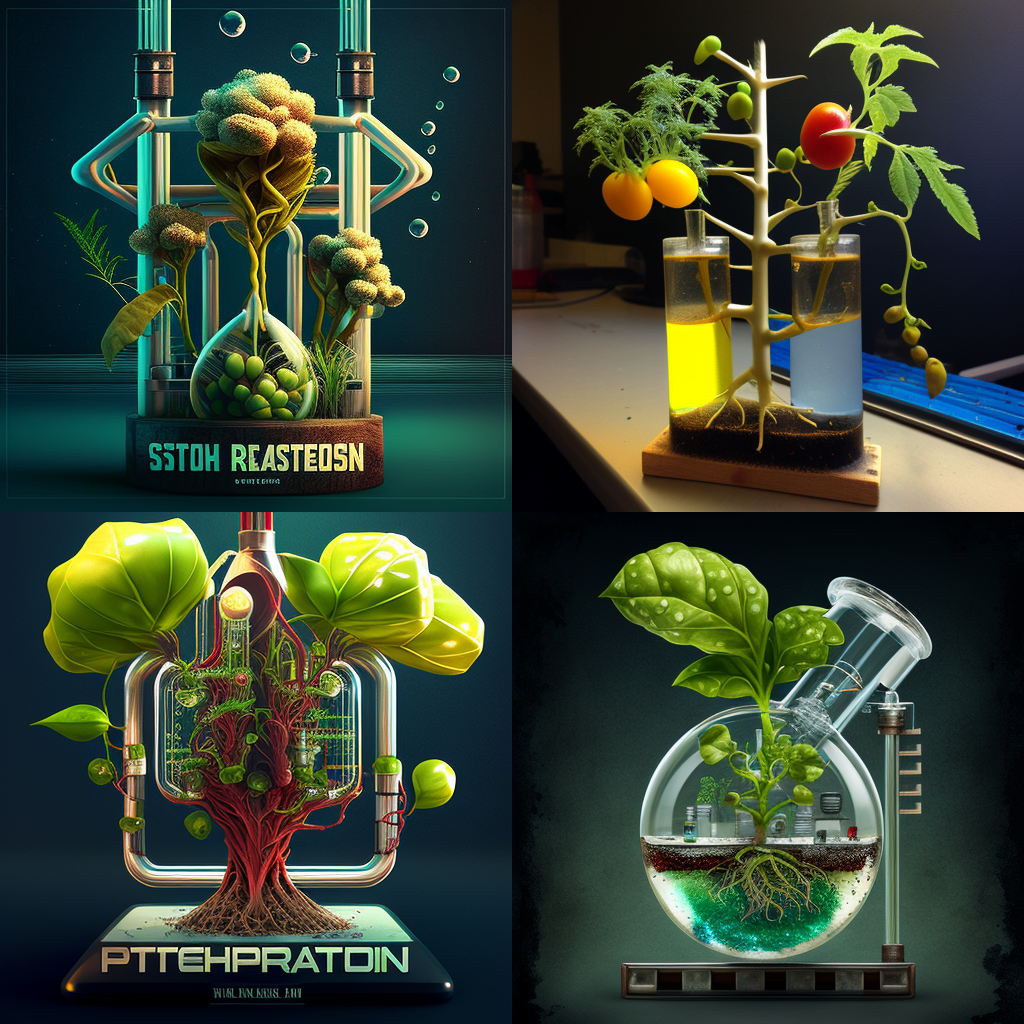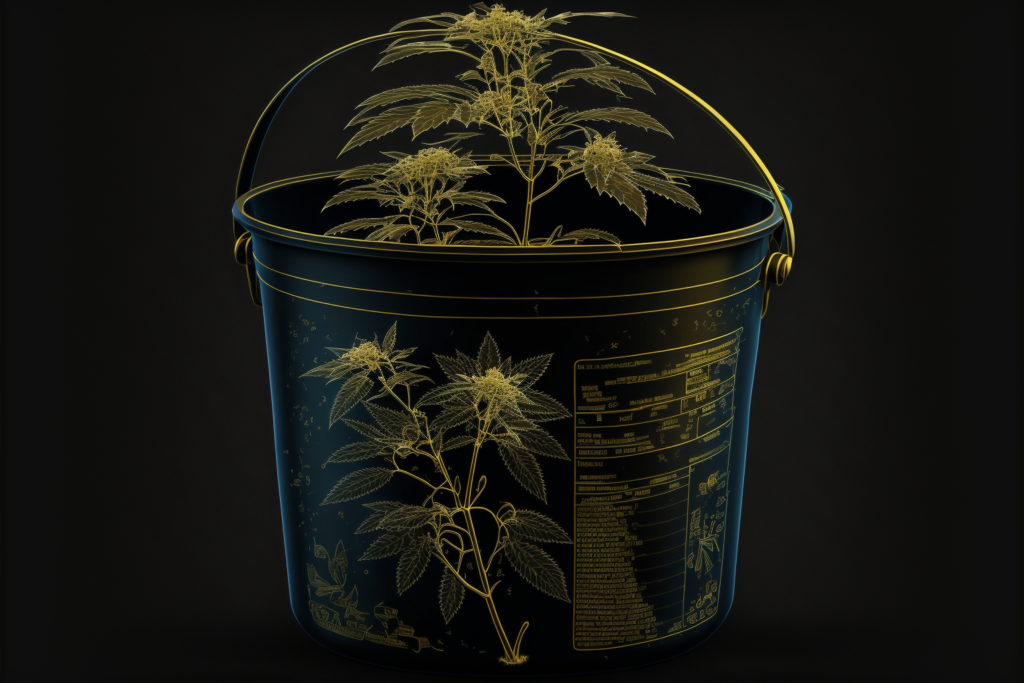As the population grows and urban areas expand, the need for innovative and sustainable farming practices has never been greater. One such solution is hydroponics, a method of growing plants without soil. Instead, plants are grown in a nutrient-rich water solution, which allows for greater control over the growth process and can lead to increased yields.

The benefits of hydroponics are many. For one, it allows for year-round crop production, regardless of weather conditions. It also uses less water than traditional farming methods and can be done in a smaller space, making it an ideal solution for urban areas where land is scarce. Additionally, hydroponics can be used to grow various leafy greens and vegetables, providing a diverse and nutritious food source.ding
But hydroponics is not just about growing food. It also has the potential to revolutionize education, particularly in the fields of STEM (science, technology, engineering, and math). Understanding the principles of hydroponics and how to maintain the systems properly can provide valuable skills for the future workforce. It can also be a tool for teaching about the importance of sustainability and the role that humans play in caring for the earth.
However, becoming a hydroponics farmer is not just about setting up a system and letting it run. It requires knowledge and understanding of the plants being grown and the various factors that can affect their growth, such as pH levels and nutrient requirements. It’s a job that requires attention to detail, patience and a willingness to learn.
For those interested in becoming a hydroponics farmer, various resources are available. Online classes and workshops can provide a basic understanding of the principles of hydroponics and how to set up and maintain systems. Community gardens and urban farming initiatives also often offer hands-on training and experience.
As more and more people looking to connect to the land and understand where their food comes from, hydroponics provides a unique and sustainable solution. Growing food in an urban environment can help address food insecurity, and the importance of education in this area helps the growth of the plants but also helps in the personal growth of individuals. As we continue to learn more about growing plants, we can also learn more about ourselves and our role in the world.
Becoming a hydroponics farmer means connecting with the land, even in an urban setting, and significantly contributing to sustainable food production, education, and personal growth. Not only are you providing fresh and nutritious food for your community, but you are also helping to educate future generations about the importance of caring for our planet.

The Holy Grail of Hydroponics
Are you looking for a more efficient and cost-effective way to grow your plants? Look no further than Bottleponics! This innovative hydroponic system combines the benefits of deep water culture and ebb and flow systems to provide your plants with the perfect balance of water, nutrients, and oxygen.
With Bottleponics, you can grow your plants using minimal growing media in small containers, such as 1-gallon buckets. This can be especially useful if you work with limited space, such as in a grow tent. Using a pump and irrigation tubing allows the nutrient solution to be circulated and aerated, which can benefit plant growth. Additionally, the roots having direct access to air can help prevent common issues such as root rot. At the same time, using smaller containers can be more cost-effective than larger containers or blocks of growing media.
One of the most significant advantages of Bottleponics is its versatility. This system can be easily adapted to fit your growing needs and goals, whether you are a beginner or an experienced grower. So why wait? Give Bottleponics a try and see the excellent results for yourself!
